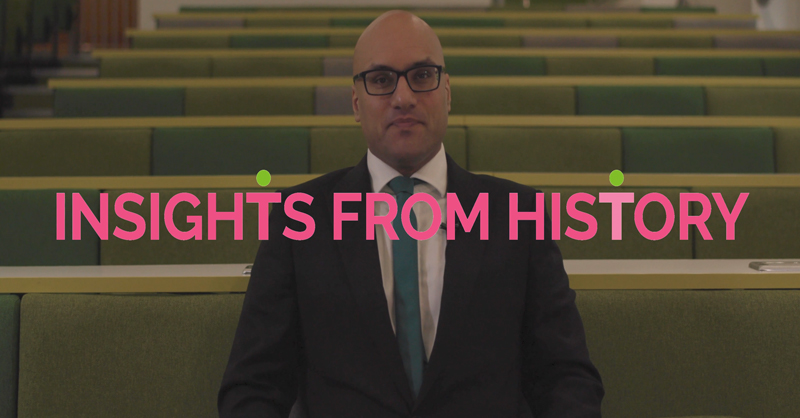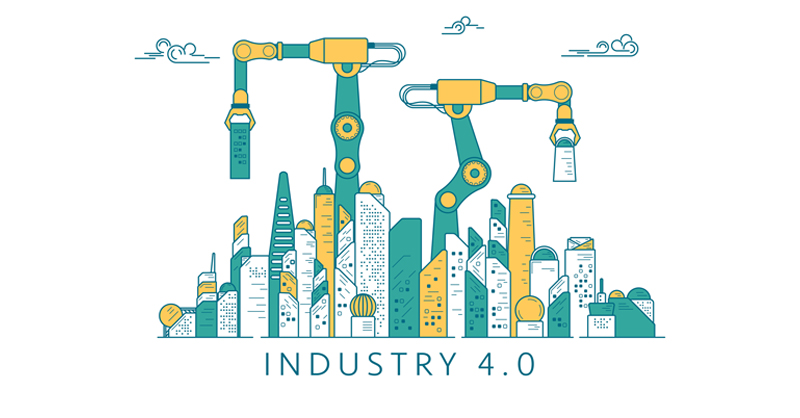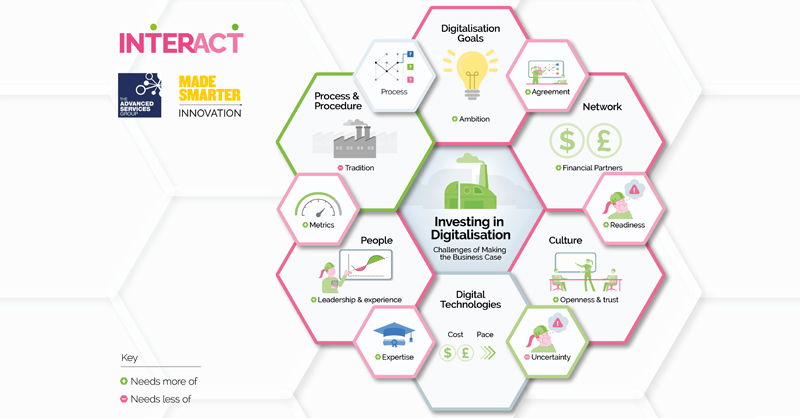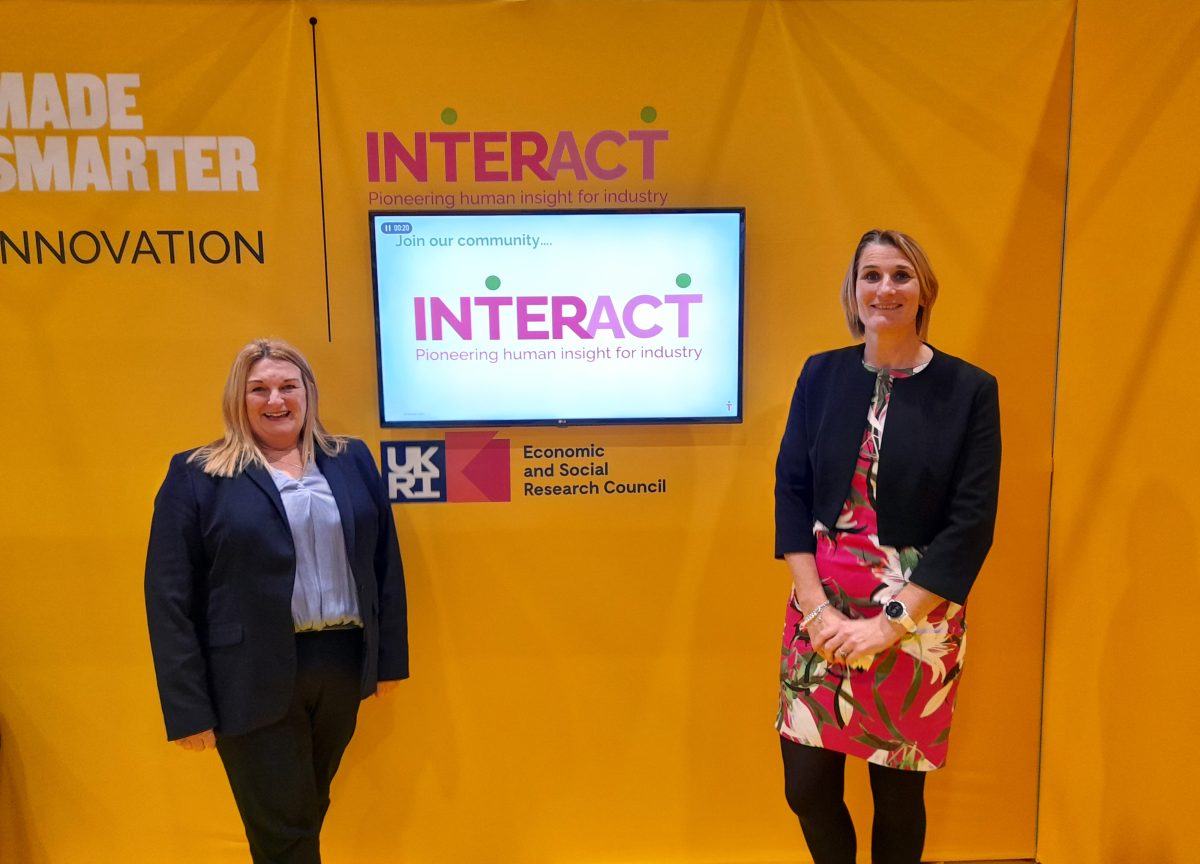The InterAct team was recently able to share insights and plans for the Network’s future with The Manufacturer magazine:
InterAct is a new Made Smarter Innovation funded network that aims to bring together economic and social scientists, UK manufacturers, and digital technology providers to address the human issues resulting from the diffusion of new technologies in industry.
Substantial government funding has been invested in technological innovation and digitalisation within the manufacturing sector through the Made Smarter Innovation programme. The InterAct Network seeks to build on these developments and explore new facets of the challenges arising from introduction of innovative technologies, upskilling, and changes to processes.
The project will be led by InterAct co-directors Professor Jan Godsell of Loughborough University and Professor Jillian MacBryde of Strathclyde University. They bring with them a wealth of academic experience and an established presence in the UK manufacturing sector.
InterAct’s long-term vision is to build a vibrant interdisciplinary community to support the development of a stronger, more resilient UK manufacturing base. The project will build relationships between industry representatives and academics through an extensive programme of collaborative events and digital connection.
Discussing this vision, Professor MacBryde said: “We know that technology alone is not enough to revolutionise the way we approach innovation in the manufacturing sector. We need to harness the knowledge of people and society to really reap the full benefits that these new technologies can offer. Collaborative working, new challenges, and contexts will open up new avenues for us to undertake world-leading research.
Professor Godsell added: “Our aspiration for the Network is a to create a truly interactive community, with clear added-value for all, where stakeholder groups want to engage and play a part. We will embed equality, diversity, and inclusivity in all our approaches, and this diversity of thought will bring the benefits of multiple perspectives.”
The Network will facilitate the examination of contemporary real-world problems within the sector and the sharing of solutions to these obstacles stemming from a variety of funded research. This includes knowledge exchange activities, impact acceleration funding, digital storytelling fellowships, early career research fellowships and open calls. This expansive programme will be tied together by three workstreams encompassing:
The Future of Manufacturing Ecosystems:
Whilst there has been significant work around digital disruption and the direction of travel of manufacturing globally, there has been less focus on translating this into something more applicable by UK companies and policy makers.
Professor Godsell’s team aims to develop the future of the manufacturing ecosystems by identifying possible future scenarios, developing business model archetypes, and defining the role of Industrial Digital Technologies (IDTs) in business and supply chains.
The Future of Work
This theme addresses one of the areas highlighted in the Network’s initial viability survey, particularly around the impact of IDTs on work, the impact of automation on job satisfaction, innovation and productivity, and the people dimension of ecosystem connectivity.
Two main challenges proposed by industry and policy stakeholders will be addressed by Professor MacBryde’s group; attracting talent into manufacturing and ensuring investment decisions include thinking about people and work.
The Future of the Economy
Led by Professor Vania Sena of Sheffield University, the working group will focus on investigating digitalisation, and the levelling up agenda, diffusion and high-growth, and the effects on industrial structure, social mobility, and the economy.
What does the InterAct Network aim to achieve?
By combining the insights of business and academia, the InterAct Network will endeavour to accomplish the following objectives:
- Increase the UK manufacturing sectors’ investment in industrial digitalisation R&D, innovation, and diffusion of new digital technologies.
- Improve collaboration between UK manufacturing stakeholder groups to drive the creation of common digital solutions by working with firms to identify and share the underlying mechanisms and management practices within specific solution.
- Increase the number of digital technology companies providing solutions for manufacturing industries by improving the visibility of technology providers’ offerings and developing relationships to minimise the barriers to adoption.
- Increase the number of collaborations between Small and Medium-sized Enterprises (SMEs) and larger, more established companies up the value chain by facilitating new connections.
- Expand the potential for the export of UK manufacturing and digital manufacturing solutions by generating an improved understanding of the economic landscape, policy drivers, and required capabilities through academic research.
How to get involved and start interacting
The InterAct Network is still in the early stages of growth and development, with an exciting programme of events planned for 2022 and beyond. These events represent excellent opportunities for businesses to have a tangible impact on the shaping of research funding calls and joint projects.
You can keep up to date with all the latest news and upcoming events from the Network and register for the InterAct mailing list via their website, or follow them on LinkedIn and Twitter.





